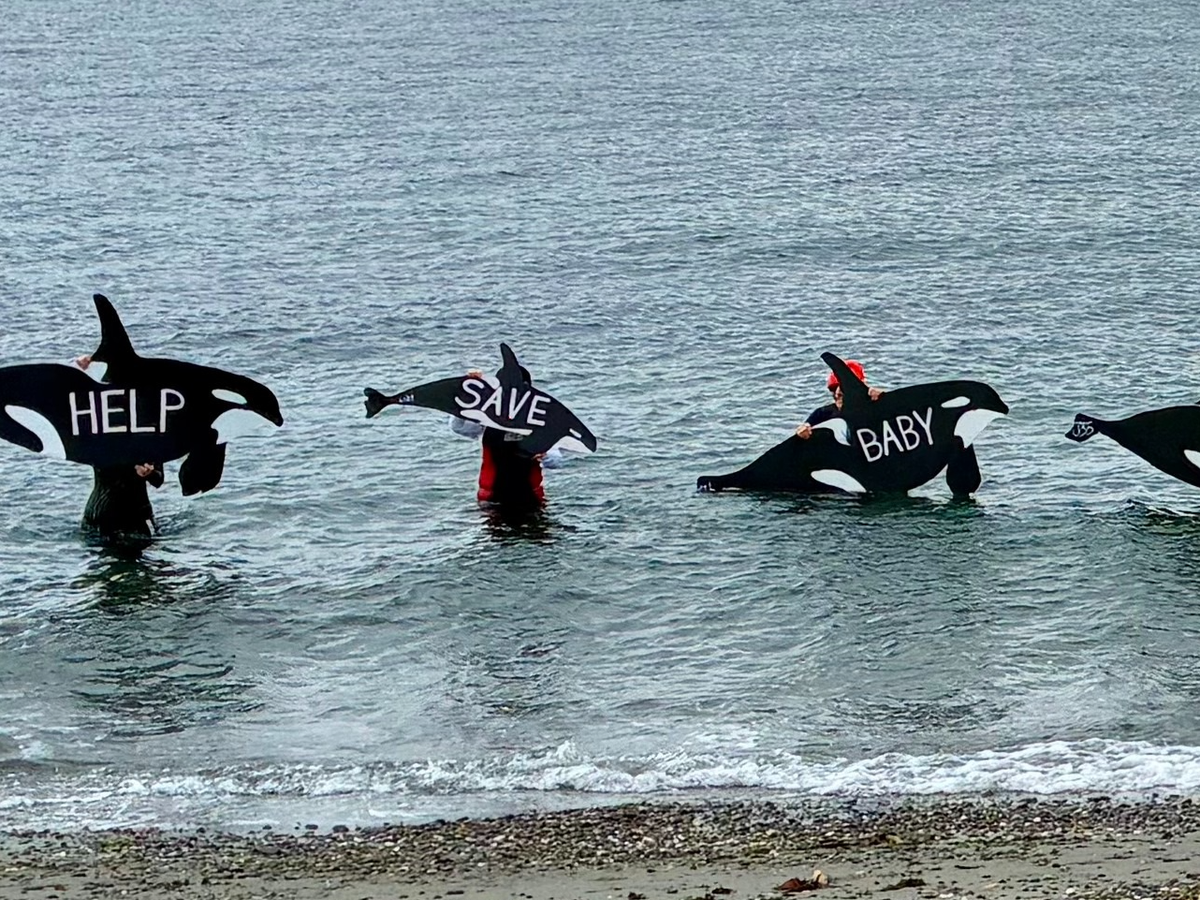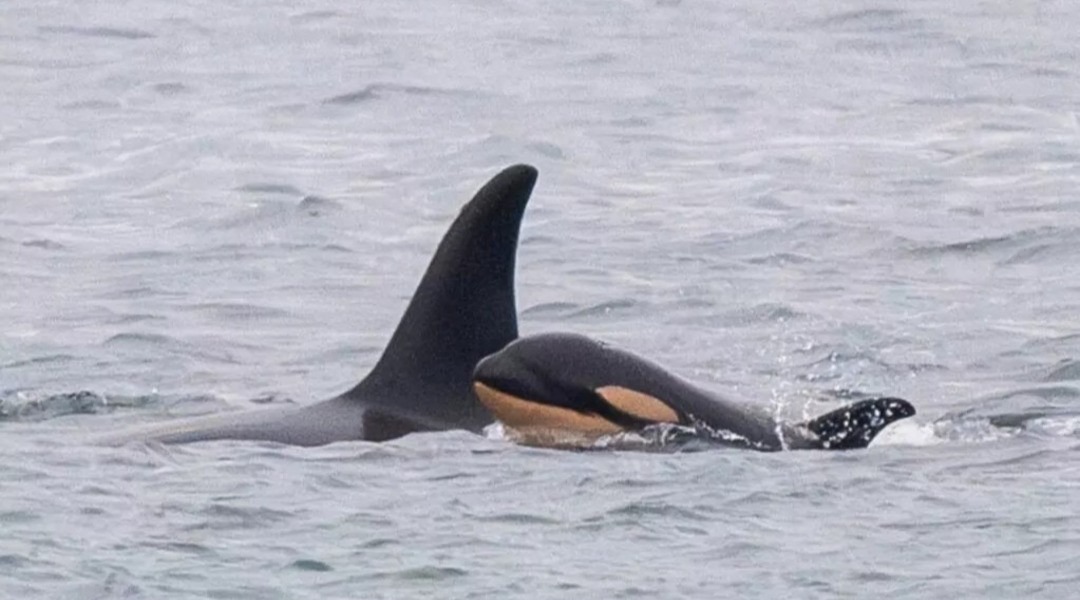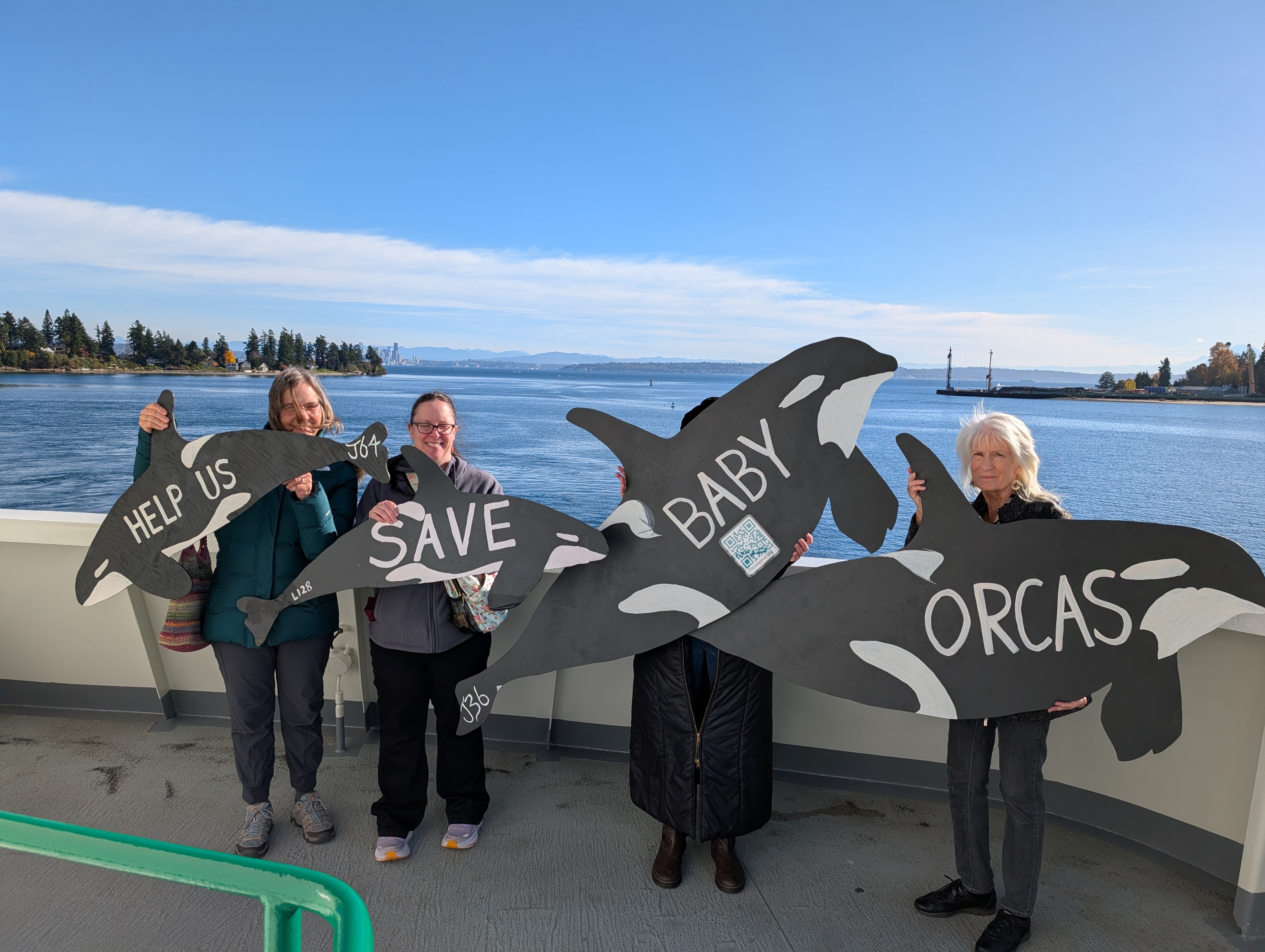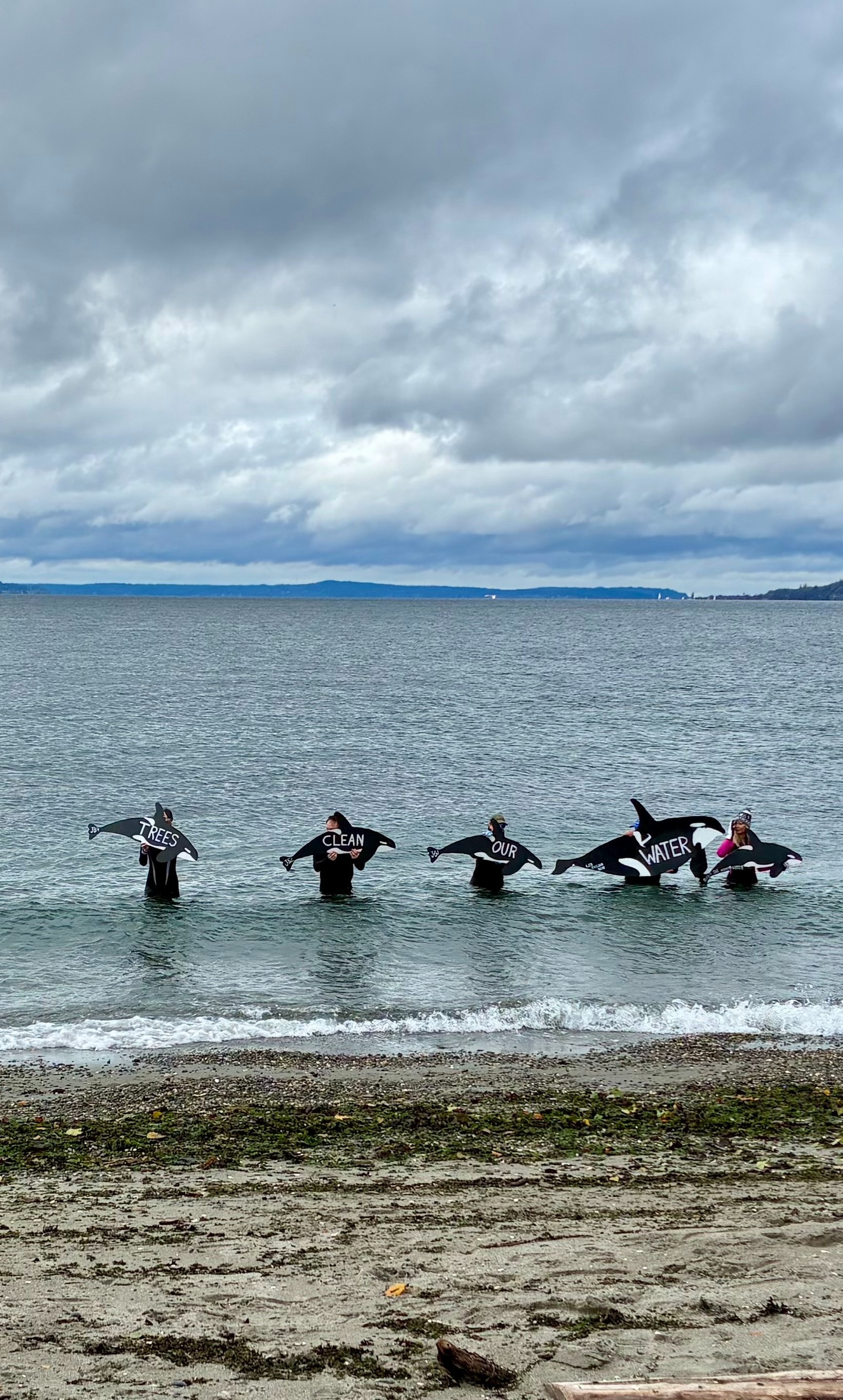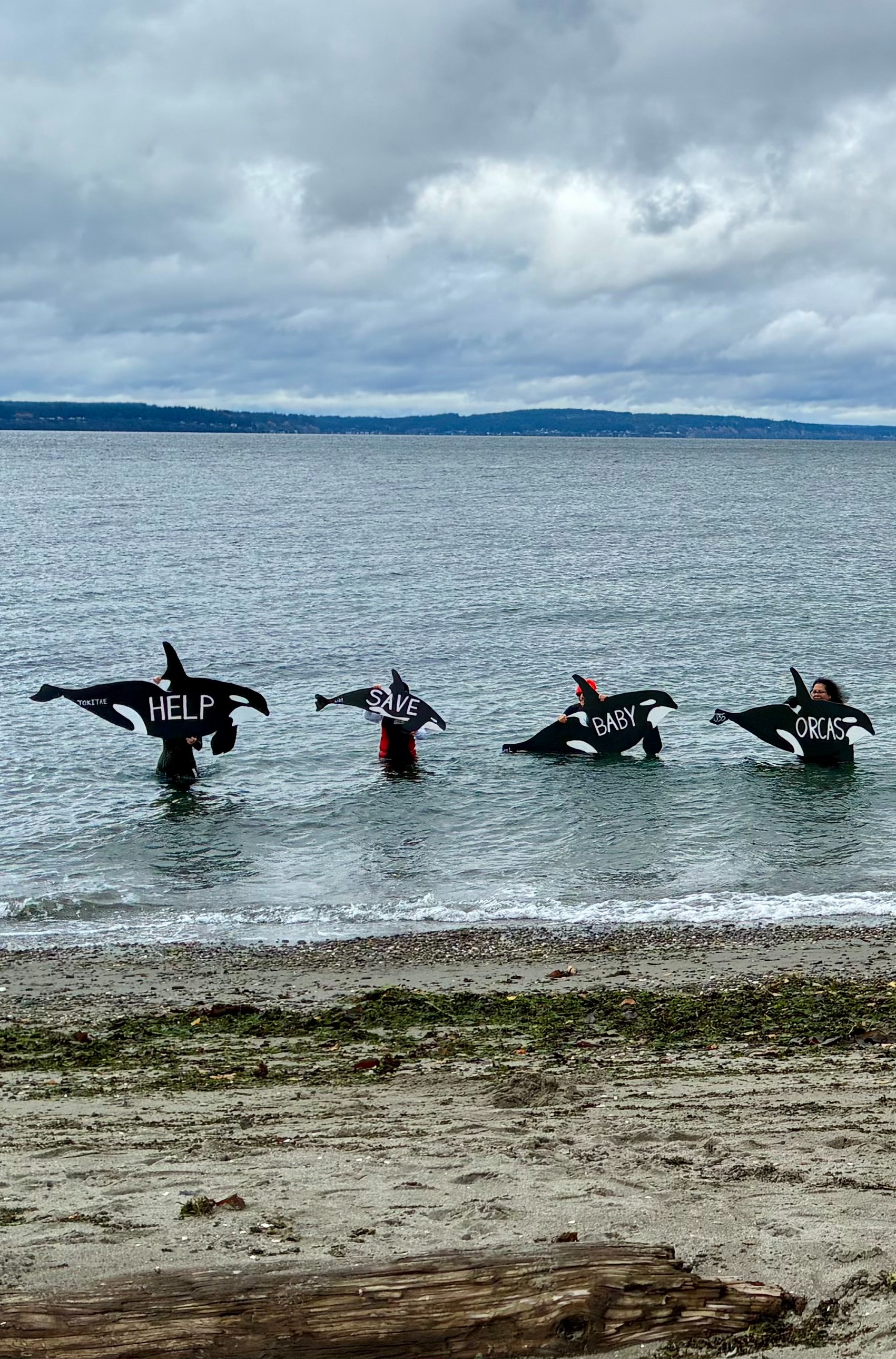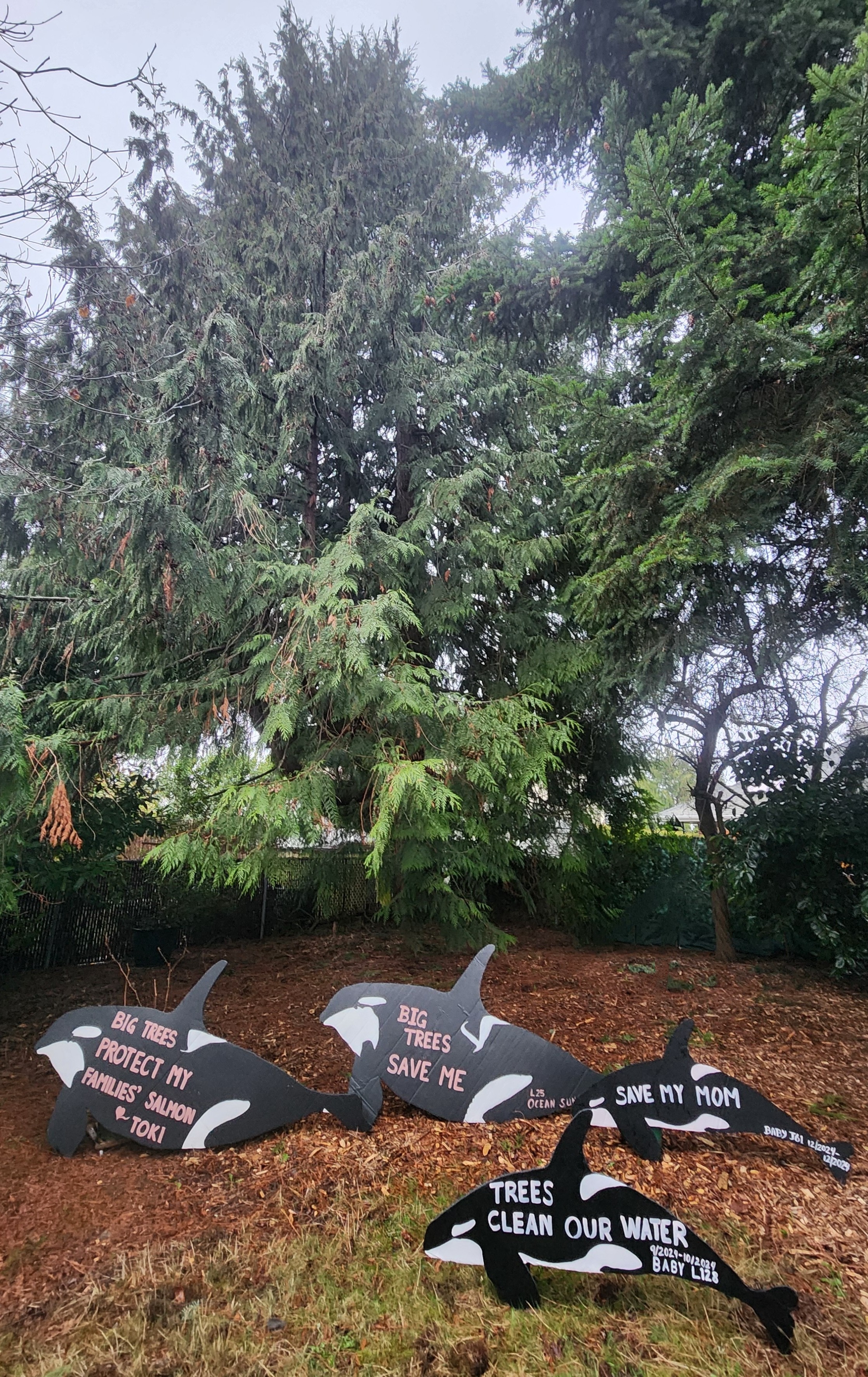Thank you for reading about this appeal to protect our beloved Southern Resident Killer Whales, human health, trees, and the ecosystem while we add housing.
In early 2025, we filed a citywide appeal of Seattle's Comp Plan Environmental Impact Statement (EIS) asking the city to study the impacts of increased tree removals and resultant stormwater increases on the endangered orcas and salmon. Despite having the required standing to comment before the DEIS deadline, this appeal was dismissed. While this dangerous and exclusionary decision was not entirely unexpected, it effectively removes the public right to use the established appeal process on a faulty EIS. People deserve the right to appeal decisions that impact human and ecosystem health, which are inextricably connected. There was likely an incredible amount of pressure on the Hearing Examiner.
Appealing the Motion to Dismiss is just one step in the process. We have amazing legal counsel, expert witnesses, and exhibits. A Writ appealing the dismissal was filed in the spring. A King County Superior Court judge dismissed the Writ so we've filed in the Court of Appeals in late May 2025. Our opening brief was filed in September 2025, the city moved to delay immediately. If this Appeal is granted, we will have the ability to pursue our original appeal of the EIS to protect trees, orcas, and human health. We already know that reducing water and air pollution benefits human health and NOAA tells us it’s crucial for the orcas as well.
Follow us on Instagram! We presented our first local talk by Lynne Barre and Geof Donovan called Healthy Homes & Habitats, so everyone can access the hearing the City didn't want the public to hear. 99 people attended. We are inspired by the recent birth of J63 to J40 and devastated that J35 and J36 have both lost their latest babies.
The EIS Appeal
Seattle’s Environmental Impact Statement (EIS) for the One Seattle Plan doesn’t adequately assess the adverse environmental impacts on the 74 critically endangered Southern Resident Killer Whales (SRKW), salmon, or water quality, despite NOAA recommending highest population Puget Sound cities reduce polluted runoff. In fact, the One Seattle Plan will likely increase polluted runoff.
In April 2024 I asked the City why the Draft EIS didn’t mention killer whales once in the entire document. According to the EIS, "the only ESA listed or state listed species known or expected to use Seattle as habitat are fish" which excludes our critically endangered orcas and some bird species. The City subsequently added language to the FEIS admitting it’s not feasible to maintain past animal population levels due to damage caused by Euro-American colonization. These statements fly in the face of current water quality improvements in Lake Washington and Elliot Bay; improvements which prove Seattle has the capacity — and therefore duty — to improve wildlife habitat.
Urban Forest Considerations
Trees, especially mature trees, reduce and filter polluted runoff (source: King County DNRP, EPA, USDA) yet the One Seattle Plan EIS does not consider the additional runoff that will be caused by a marked increase in large tree removals likely to occur with increased density and a failing tree ordinance. The additional stormwater no longer being absorbed by these trees should be assessed in the EIS. For example, the City of Shoreline found 227 million gallons of stormwater was prevented by their urban canopy, saving the city over $2 million annually. Building can and should occur in ways that preserve trees.
The Link between Trees and Orcas
Pollution is one of the top three threats in NOAA’s SRKW Recovery Plan which asks highest population Puget Sound cities to take greater measures to reduce polluted runoff.
- Many storm drains in Seattle discharge polluted water untreated into the Sound. Seattle’s only large scale sewer treatment plant, Westpoint, does not remove all toxic chemicals before treated sewage flows into Puget Sound.
- Increased hardscape and removal of urban trees causes higher amounts of polluted stormwater. Trees absorb and filter polluted runoff. (King County DNRP)
- Trees cool the air, helping cool waterways to temperatures salmon need to survive. Just as trees fight urban heat islands and provide cooling shade for humans, they help keep salmon bearing streams cool even when not adjacent to waterways by reducing ambient air temperatures.
- Puget Sound is a semi-enclosed body of water so pollutants are more concentrated than an open ocean. Trees filter and reduce this polluted runoff.
In loving memory of the many lost baby orcas, we ask Seattle to follow the Federal NOAA SRKW Recovery Plan Guidelines and not increase polluted runoff by allowing even more mature tree removals in the One Seattle Plan. These beloved giants are telling us through their rising death rates that they cannot handle dramatic, further rollbacks of their habitat and food sources that the One Seattle Plan will likely create.
Donations will go toward hearing costs. Any money unspent at the end of the hearing will be donated to tree and orca protection nonprofits.
